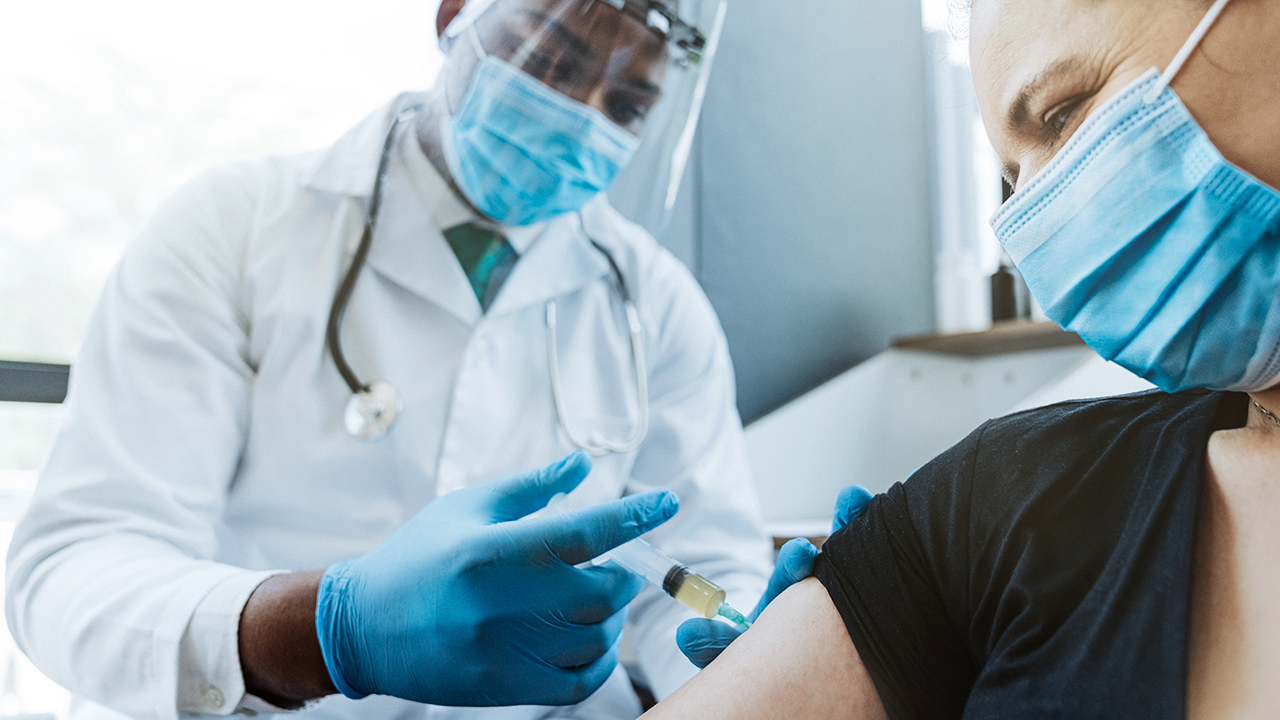
Since the start of the COVID-19 pandemic, more than 29 million cases have been recorded in the United States, and more than half a million people have died from the virus.
“It’s been a year of unimaginable suffering and loss,” said Susan Wolf, JD, chair of the Consortium on Law and Values in Health, Environment, and the Life Sciences. “But all of that time, research was underway—research in an emergency.”
Earlier this month, faculty, staff, and students, as well as researchers across the country and the globe gathered virtually to discuss how the pandemic is changing research ethics. Conducting Research in the COVID-19 Pandemic: Ethics in an Emergency, hosted by the University of Minnesota, explored issues including how to advance equity in pandemic research and care, how to reconcile the need for research with the clinical imperative to save lives, and how the pandemic is affecting the way researchers plan and conduct their studies.
The webinar, this year’s installment of the University’s annual Research Ethics Day conference, was presented by the Consortium on Law and Values in Health, Environment & the Life Sciences; the Office of the Vice President for Research; the Masonic Cancer Center; and the Clinical and Translational Science Institute. It followed a series of previous webinars offered by the Consortium this year called COVID Controversies that brought together thought leaders from across the country and audiences from around the world to consider pressing ethical issues facing researchers and clinicians in the pandemic.
Equitable Research and Vaccination
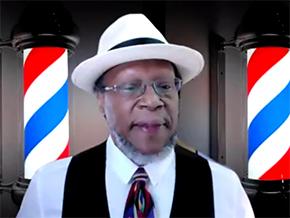
Among the prominent themes at this year’s conference was the imperative to address the severe inequities that are burdening underserved communities with illness, hospitalizations, and mortality. These inequities create an urgent need to partner with vulnerable communities to conduct research and advance effective interventions. According to Stephen B. Thomas, PhD, director of the Maryland Center for Health Equity, addressing the disparities that exist today requires us to understand the roots of medical distrust. The shadow of the Tuskegee syphilis study—in which Black men were prevented from receiving treatment for syphilis and observed for four decades as the disease progressed—remains in the cultural memory of the Black community.
“What we need to do is move towards atonement, which means making things better,” Thomas said. “The campaign to eliminate racial and ethnic health disparities in the United States is part of that atonement, and our response to the COVID pandemic and its unequitable distribution of vaccine is also part of that atonement.”
Mending distrust in the Black community means meeting members of the community where they are. Thomas described one such effort based at the University of Maryland turning to barbershops as centers of community dialogue and trust. Barbers and hair stylists can initiate dialogue with their customers and transform barber shops into places where people can access health education and even medical services.
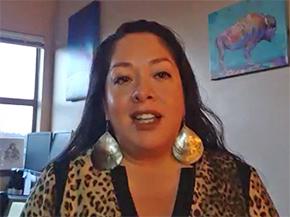
Addressing the historical injustices affecting the health and well being of Native communities starts with better cultural understanding, more support for Native principal investigators, and respect for knowledge and traditions in Native American communities.
“It will not make a single difference until we change the way we have been looking at equity and move forward in a way that recognizes the answers are in the communities most affected,” said Echo-Hawk. “Quit coming to our communities because you think we have all the problems; come to us because we have the answers.”
Research Design in a Pandemic
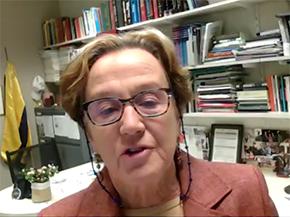
“We have to evaluate the tension between urgency and complexity with the need for rigor and the need to continue to try to be trustworthy; to make sure that we don’t jeopardize public trust,” Grady said. “That involves evaluating trade-offs and having a very intentional focus on avoiding compromising ethics or compromising science.”
For example, now that effective vaccines are being distributed, scientists have to consider whether using placebos is justified in trials of new COVID-19 vaccine candidates. On one hand, a placebo-controlled trial could rapidly establish safety and efficacy. On the other hand, offering a placebo to some study participants instead of allowing them to get an existing vaccine creates more health risk for those participants.
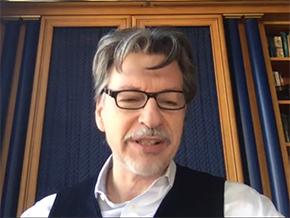
“‘Learning while doing’ is a cornerstone of decision making under uncertainty, so it turns up in organization science, mathematics, evolutionary biology, etc.,” Angus said. “It’s basically everywhere, and in all of these places, it’s about trying to optimize the trade-off.”
The uncertainty caused by the pandemic requires medical researchers to confront that trade-off and merge “learning” and “doing,” he said. One way to do that is to embrace adaptive platform trials, which randomize multiple treatments and continuously update the research design as new data on efficacy emerge (see the REMAP-CAP explanation for more on this method).
Evaluating Treatment Options
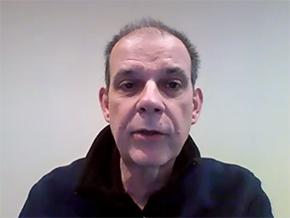
Convalescent plasma involves collecting blood plasma (complete with COVID-fighting antibodies) from people who have already recovered and infusing it into people with active COVID infections. Casadevall argued that the treatment is generally regarded as safe, but debate focuses on its effectiveness. He noted that effectiveness depends on early administration with a high concentration of antibodies.
“Convalescent plasma is likely to continue to be used for COVID, especially if variants defeat vaccine immunity and monoclonal antibodies,” he said. “Whether or not a consensus on convalescent plasma emerges, pandemic preparedness should include IRB-approved ‘off the shelf’ randomized controlled trials.”
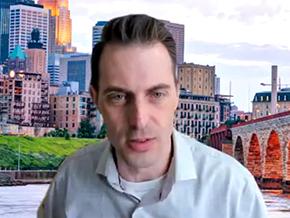
“Early in a pandemic, when the treatment benefits and harms are unknown, despite very strongly held beliefs, physicians and providers are unable to truly predict the effects, and observational data are really important but can be misleading,” Baker said.
Watch the Conference
For more on the presentations highlighted above and to see the expert panel that concluded the conference, select a session or watch from the beginning: